Automated Test
August 27, 2015 2:36 pm
Using NI software to develop automatic test equipment for helicopter gear boxes
Helicopter gear boxes must undergo extensive testing before use. To evaluate functional aspects of a helicopter’s main gear box (MGB), Hindustan Aeronautics Ltd. (HAL) team developed a special test facility where a gear box rotate from zero to full speed, then verify the functionality of pumps, bearings, the oil circulation system and freewheel actuation, and the de-actuation system.
The challengeDeveloping an accurate, reliable automated test system to evaluate the functionality of gear boxes with minimum setup time.
The solutionUsing NI LabVIEW software to create a reliable automated test system for airborne gear boxes using programmable signal conditioners and controllers.
Test requirements and setup Each gear box must be checked for lubrication oil distribution, leakages, and sump oil and bearing temperature stabilisation. It is also must to verify the actuation and de-actuation mechanism of the freewheel attached to the gear boxes. All of these tests are performed at the rated speed of the gear box.
The test system consists of a DC motor, a drive system, a speed-increasing gear box, and a lubrication system (Figure 1).
Software requirements To successfully test the MGB, a system was needed to be developed to switch the lubrication system on for the speed-increasing gear box, check for pressure, check the health of the drive system and motor, and verify all sensors. If all subsystems are functional, the automation system starts the test in a particular sequence. Initially, the MGB rotates at a low speed. At this point, the system checks for leaks and verifies all MGB parameters.
After confirming the parameters of the MGB and test rigs are satisfactory, the automation system increases the speed to 100 per cent in 20 per cent increments. In each step, the system compares the parameters of the MGB with standard values. If values are not within the acceptable range, the system stops the test. Otherwise, speed increases to 100 per cent.
After reaching the rated speed of 6,000 rpm, the system compares all MGB parameters such as pressure, flow rate, and temperatures with standard values. The system then checks leakage and oil level in the MGB. If all conditions are satisfactory, the system starts the temperature stabilisation test. The temperature stabilisation test ensures that heat loss in the main gear box is normal. To do this, the system monitors the rate of rise in lubrication oil temperature. During this period, the system measures the temperatures of all the bearings. The test is carried out for a specific duration in a defined sequence. The system must be easy for an untrained operator to navigate with minimal setup time. The system must automatically prepare a test report after the test in a prescribed format.
Software implementation NI LabVIEW graphical development software along with PXI and SCXI hardware was chosen to develop the automation system. The individual tasks got modularised by developing them as subVIs. Two main modules were created: one for functional test and the other for actuated freewheel test. The user selects the module according to the requirement.
In the functional test module (Figure 2), the user selects a part number and enters the MGB serial number. The system then provides details from tests previously conducted on that particular MGB. The information in this module is organised in three formats: gauge, graphical, and tabular. Switches in a separate section of the system control the test rig.
In the actuated freewheel test module (Figure 3), the test is conducted in a particular sequence for a predefined number of cycles. The system verifies the engagement and disengagement of the freewheel mechanisms before starting the motor in each cycle. The system measures the load and current required for freewheel actuation and de-actuation.
Both modules automatically prepare and print reports.
Conclusion The system created by HAL team performs functional tests for helicopter main gear boxes, which is part of the acceptance test on newly assembled or overhauled gear boxes. The functional test rig is fully automated and the automation system reduces the setup time. The system has improved accuracy, repeatability, and consistency of test results. It greatly reduces the fatigue of test operators and reduces operator error that may lead to catastrophic failure. After implementation, the system can conduct tests without experienced test engineers, or completely unattended tests. Additional requirements can easily be incorporates to the present automation system.
Authored by__
M. G. Sathyan, H. S. Madhusudan, Sanju Kurian, and Sathish Kumar of Hindustan Aeronautics Ltd.___________________________________“The system has improved accuracy, repeatability, and consistency of test results. It greatly reduces the fatigue of test operators and reduces operator error that may lead to catastrophic failure,” says M. G. Sathyan, Hindustan Aeronautics Ltd.______________________________________
Cookie Consent
We use cookies to personalize your experience. By continuing to visit this website you agree to our Terms & Conditions, Privacy Policy and Cookie Policy.





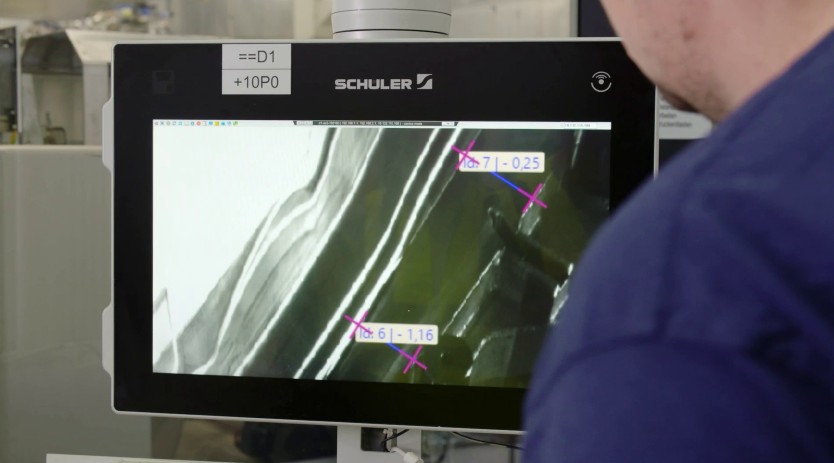
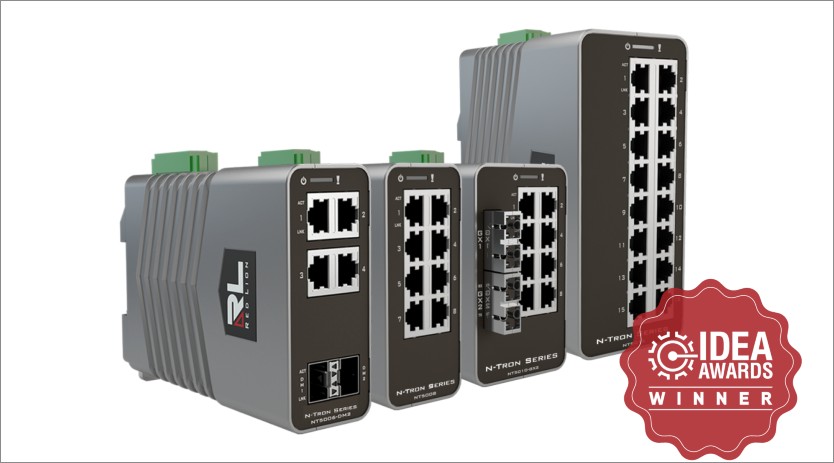

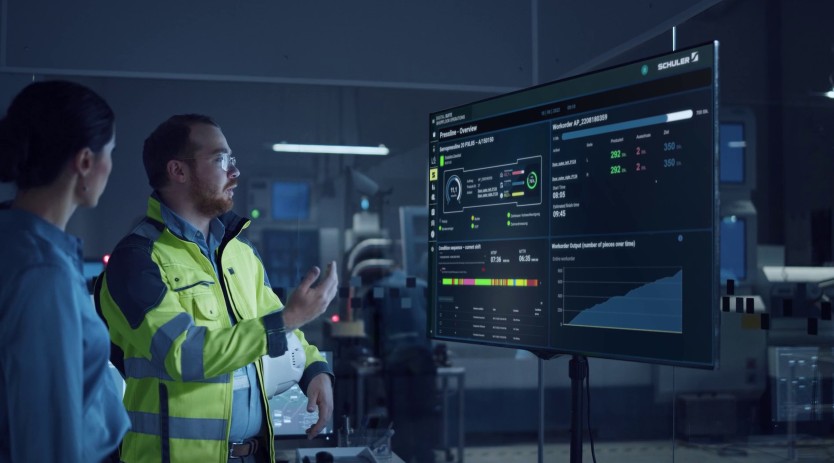
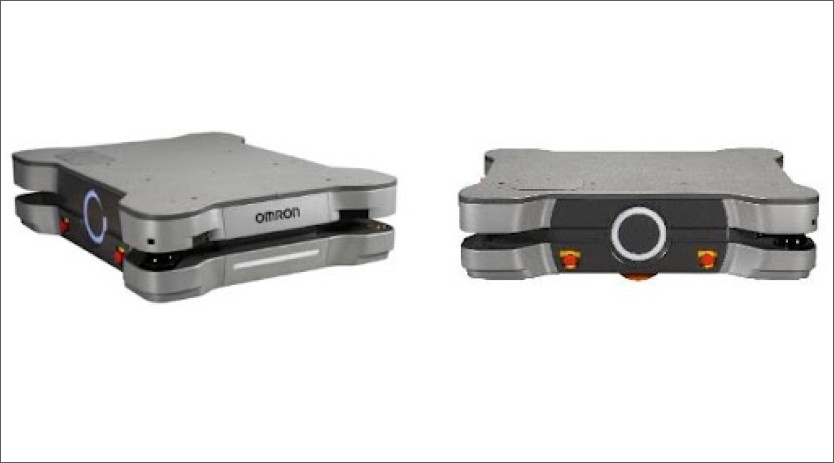
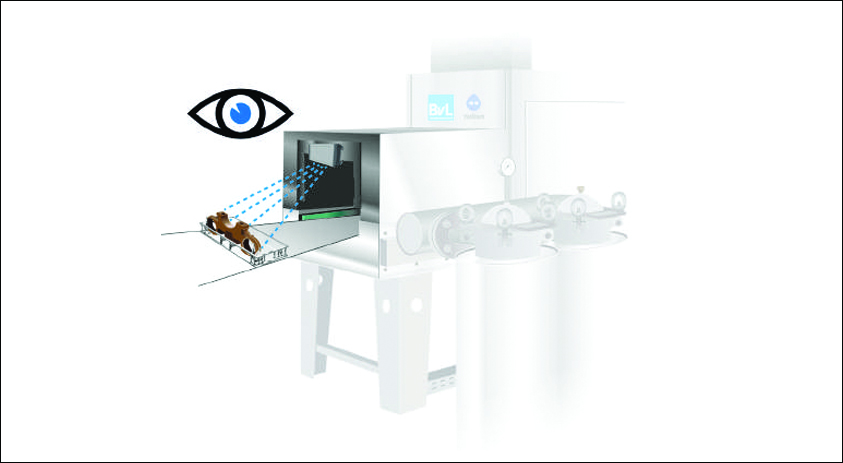





 English
English Hindi
Hindi